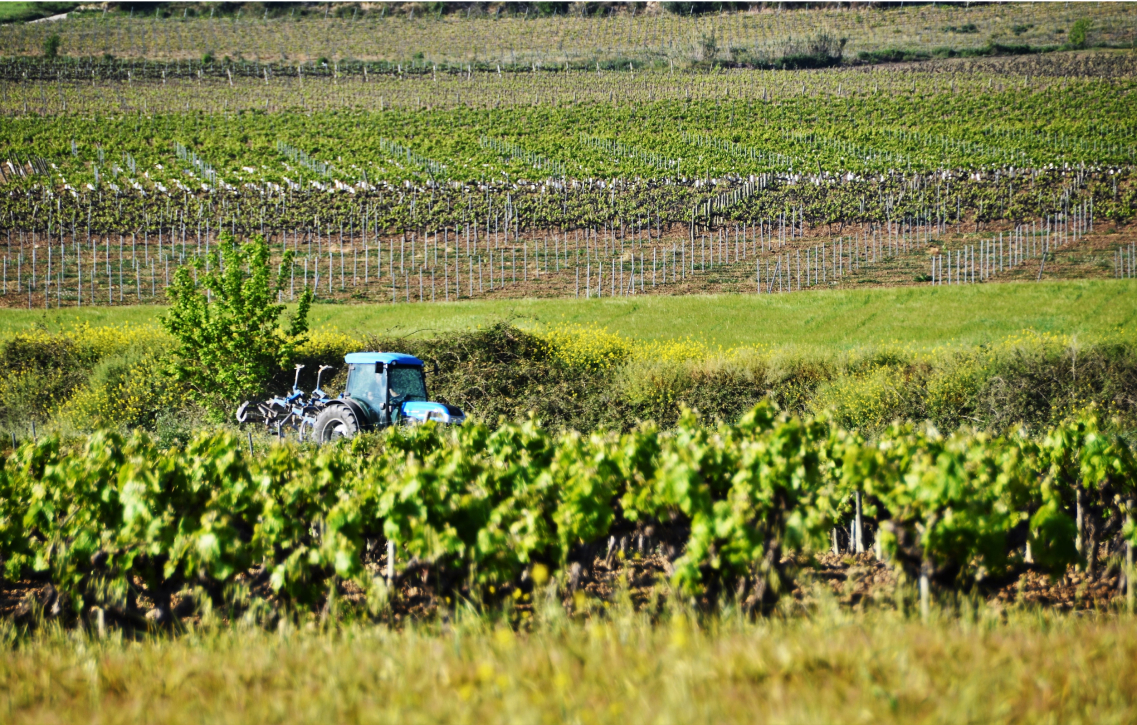The Catalan wine sector responds to many of the sustainable development goals through its values and actions.
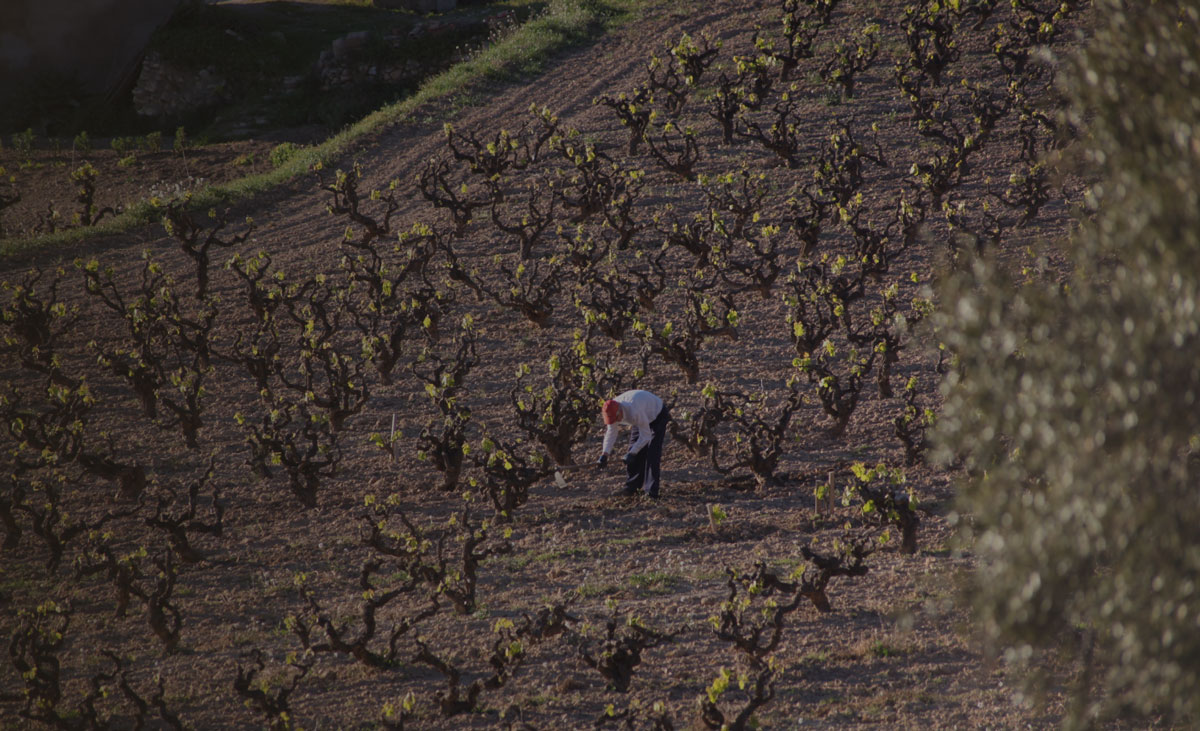
.
Our values
Scroll
Sustainable Development Goals
Good health
and well-being
Clean water
and sanitation
Affordable and
clean energy
Decent work and economic growth
Industry, innovation and infrastructure
Responsible consumption
and production
Climate
action
Life on land
Partnerships
for the goals
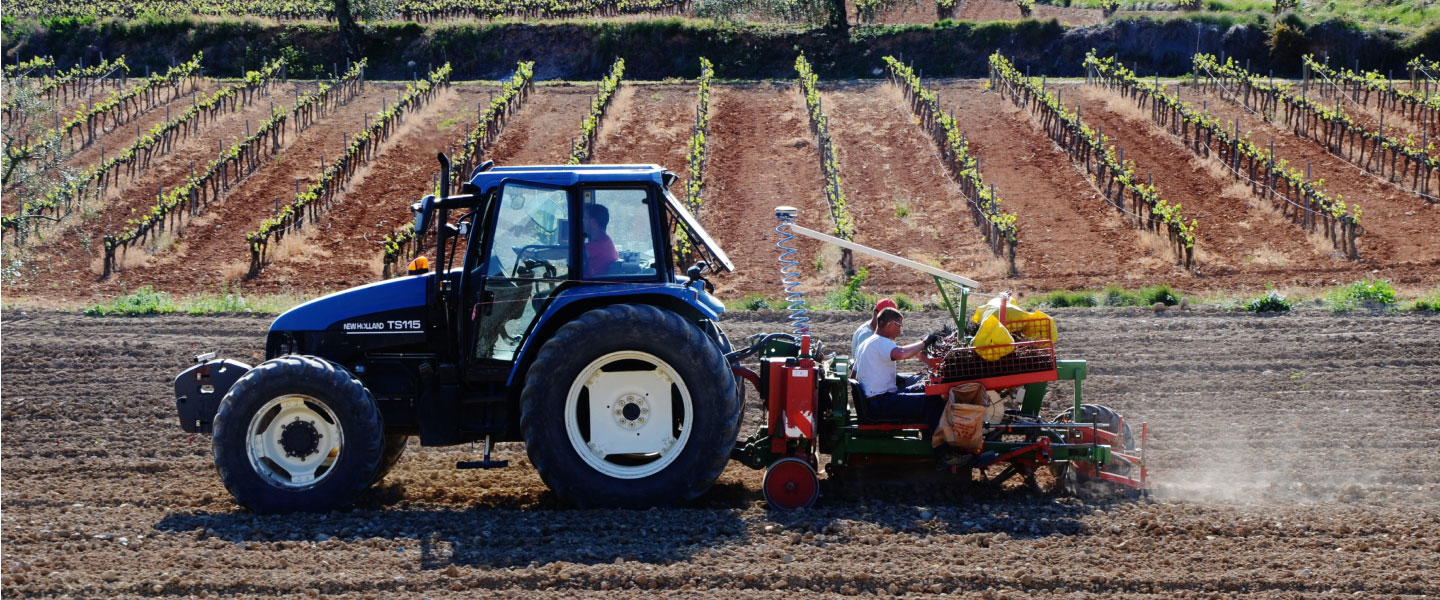
Sustainability
Viticulture and organic wines
51.2% of Catalonia’s vineyards are already managed organically, positioning Catalonia as a global leader in organic farming. This is reported in the 2022 report on the country’s agricultural production, which also notes that vine cultivation is the most developed organic crop in the region.
Native grape varieties
Each region has grape varieties that best adapt to its characteristics, with some unique to Catalonia, such as Xarel·lo in Penedès.
s.
Regenerative viticulture
Regenerative viticulture aims to restore life to soils by mimicking nature. The more biodiversity found in soil, the better its capacity to capture atmospheric CO2 and improve the quality of the vine and grapes produced. This helps combat climate change while contributing to the quality enhancement of wines produced in these vineyards.
Social sustainability
Both the care for vines and the labor-intensive winemaking process require significant human intervention, making it a significant job creator. Moreover, vineyards are often established in arid areas where few other crops can thrive. These factors generate almost nonexistent synergies in other crops, highlighting the values, tradition, and importance of the wine sector in Catalonia. Regarding Catalonia’s GDP representation, the wine sector contributes almost 2% of the total, maintaining and generating approximately 2% of full-time equivalent jobs. This translates to over 61,300 total workers, including direct, indirect, and induced effects.
Quality
Catalan wine’s commitment to quality is a product of a tradition linked to the highest standards, certified by the most demanding quality seals. The 12 designations of origin, along with the Qualified State Wines, certified by external agents, guarantee the highest quality.
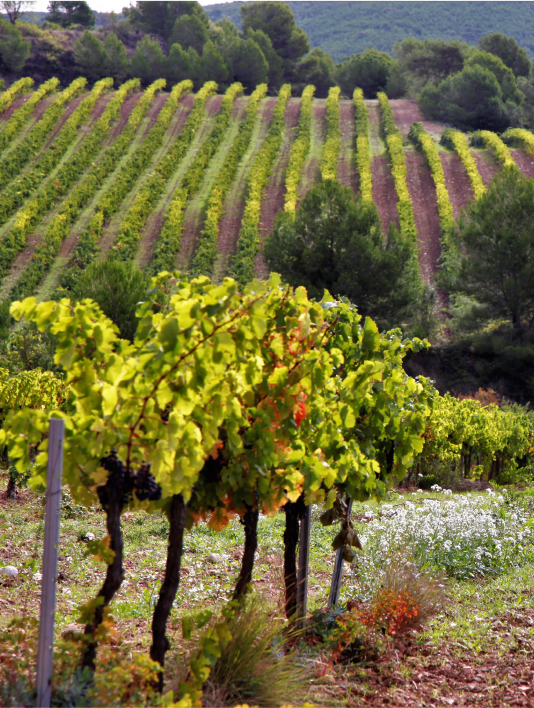
Diversity
Geographical
In Catalonia, vineyards are cultivated from sea level up to 1,700 meters in altitude. The 12 Catalan denominations of origin are a guarantee that allows consumers access to different expressions of a diverse territory in terms of grape varieties, soils, and tradition.
Varietal
With 31 authorized white grape varieties and 28 black ones, Catalonia hosts traditional Mediterranean varieties like Garnacha alongside varieties closely tied to the region, such as Xarel·lo and Trepat. Nonetheless, Catalan wineries continue to explore varietal diversity by reviving endangered grape varieties, adding increasing uniqueness to Catalan wines (varieties list – INCAVI).
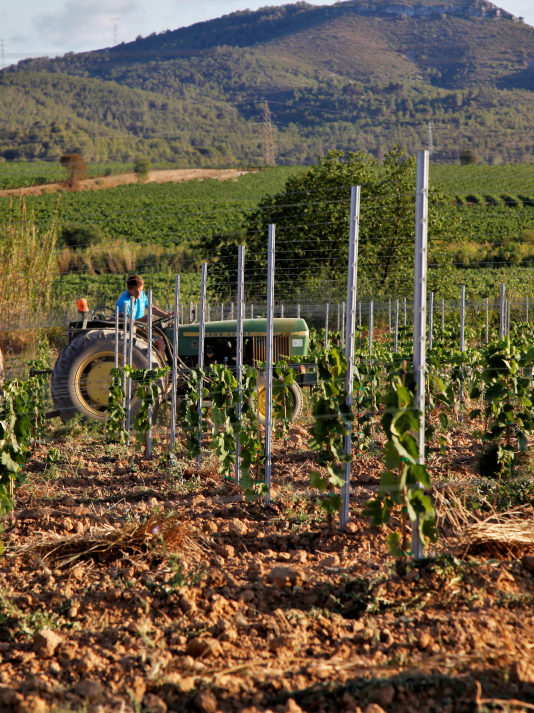
Varietats de raïm
Macabeu, Xarel·lo, Parellada, Garnatxa Blanca, Moscatell
AUTHORISED WHITE VARIETIES
Garnatxa negra, Carinyena, Trepat, Sumoll, Garnatxa Peluda
AUTHORISED RED VARIETIES
Climatic
Despite its small size, Catalonia boasts a highly diverse climate, ranging from Mediterranean coastal to continental or high mountain climates. Vineyards can be found in all these different types, from sea level along the Empordà, Penedès, and Tarragona coasts to 1,700 meters in the Cerdanya, making it one of the highest-altitude vineyards in Europe.
Terroir
From the slate soils of Priorat to the calcareous and deep soils of Penedès, Catalonia offers a diversity of soils that allow our wines to speak of the land from which they originate. This richness, combined with deep roots that tap into subsurface water, imparts the Catalan vineyard’s nuances to our wines, enabling a sensory journey through the Catalan territory.
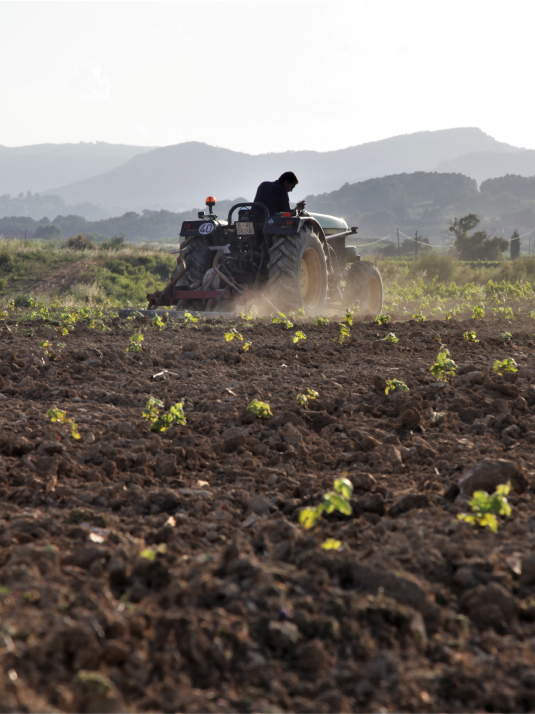
Tradition, reserarch, and innovation
Historical context
Historical context
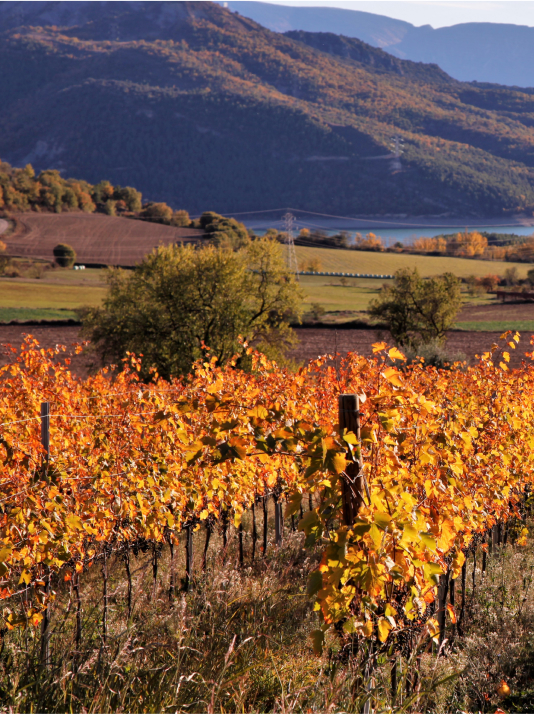
Projects
Currently, numerous projects and initiatives are being carried out throughout the various Catalan Denominations of Origin with the goal of improving the competitiveness of the Catalan wine sector in the areas of sustainability, digitization, and the creation of new products and services.
In terms of sustainability, the main focus areas are combatting climate change, increasing biodiversity, and promoting a circular economy.
Digitization is a key element for improving vineyard and winery management. Technologies such as Artificial Intelligence applied to decision support systems, vineyard and winery robotics, and blockchain are elements that are already being tested in various pilot projects.
As for new products and services, efforts are being made to recover ancestral native grape varieties, reduce the alcohol content of wines, and create new packaging types.
